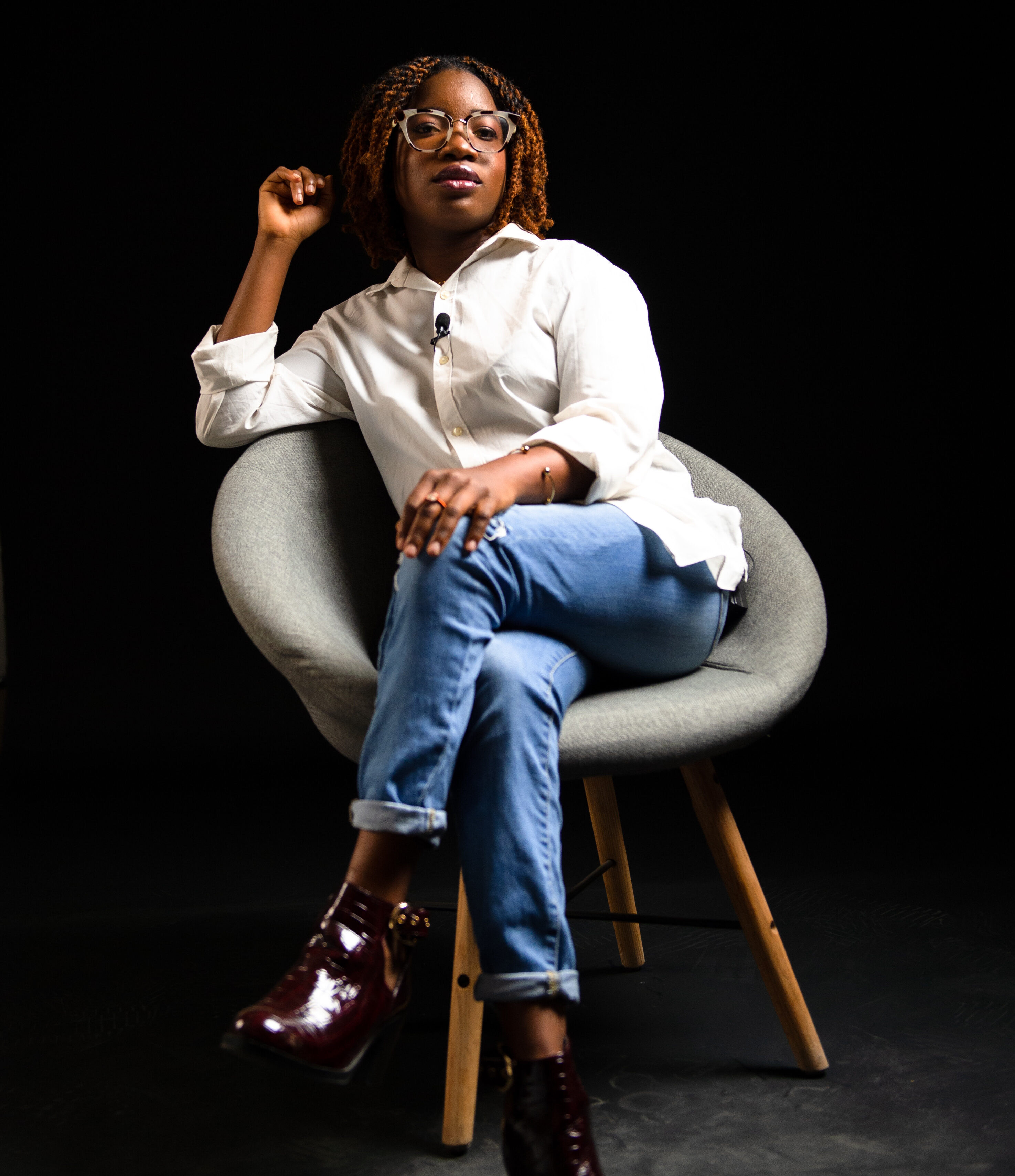
News
‘You Can’t Legislate Attitudes’
Play audio version
DJP Fellow Benedicta Oyèdayọ̀ Oyèwọlé Talks about the Deterioration of Rights for Queer and Disabled Nigerians
November 14, 2022
ABUJA, Nigeria – In the mid-2000s, when she was a six-year-old girl attending Catholic primary school in West Africa, Benedicta Oyèdayọ̀ Oyèwọlé had one goal in mind: survival. Born with cerebral palsy in the southwestern Nigerian city of Ibadan, one of the country’s most populous areas, Oyèwọlé and her leg braces, the result of numerous surgeries to improve her mobility, were seen as a threat to the health of other children.
“I had a classmate whose mother came to fight with my teacher for putting her daughter beside a disabled child, like [my condition] was an infectious disease, something she could contract,” says Oyèwọlé. Now a diversity and inclusion expert with the Women’s Health and Equal Rights Initiative (W.H.E.R.) in Abuja, she describes her school as a place of discrimination and fear; her academic performance faltered as she became increasingly disengaged. “I would stay back in my classroom and just cry all through the day,” she says.
Becoming a Disability Rights Advocate
Two decades later, her childhood experiences have galvanized Oyèwọlé, one of four siblings, into work as a disability rights advocate and current fellow with the Disability Justice Project. In her native Nigeria, access to public spaces and basic healthcare for persons with disabilities remains a pressing social concern. By 2018, nearly 15 percent of an estimated 195 million Nigerian citizens were living with a disability, according to data from the World Health Organization. Additionally, a 2020 report by the World Bank found that the number of persons with disabilities in Nigeria, a group disproportionately prone to poverty and societal exclusion, increased as civil unrest involving armed insurgencies and natural disasters engulfed the region.
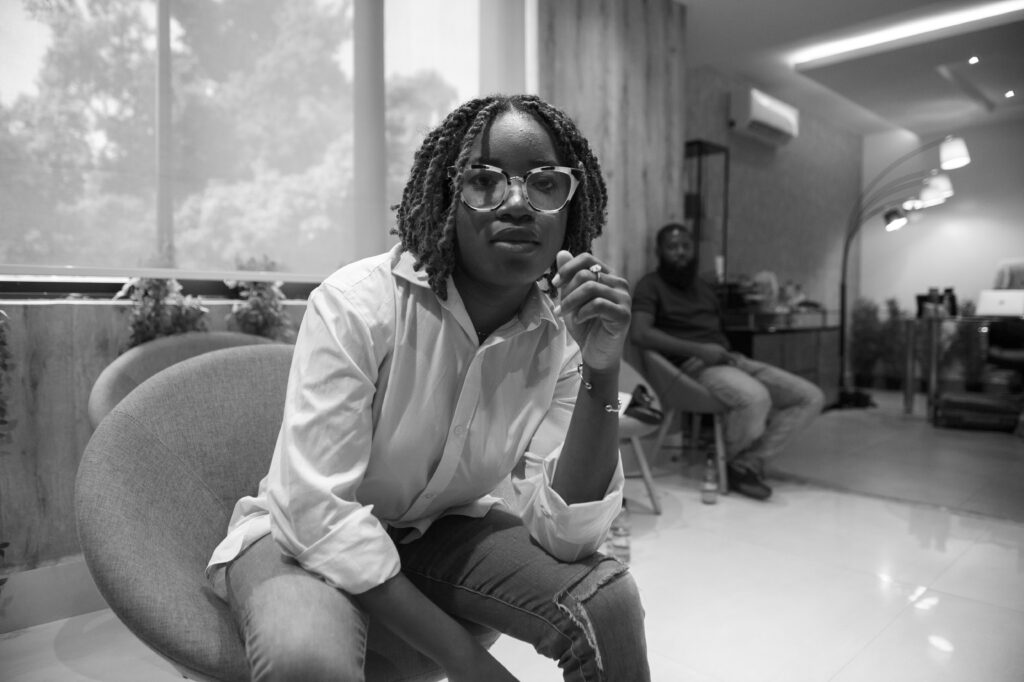
And then there’s the role of religious extremism. Some nights, around three in the morning, Oyèwọlé would carefully climb up one of Ibadan’s nearby mountaintops, which had been converted into prayer spaces, and pray for new legs. There, she would encounter a pastor who laid hands on her to “cast out the demons.” He blamed her disability on witches.
“Inclusive policies are either nonexistent, weak, or inadequately implemented,” reads the World Bank report. “There is an urgent need to improve the current socioeconomic situation of persons with disabilities in Nigeria.”
In January 2019, following nearly a decade of sustained efforts by activists, Nigeria enacted a law prohibiting discrimination on the basis of disability and subsequently established the National Commission for Persons with Disabilities (NCPWD). But according to Oyèwọlé, disability organizations have instigated greater change than anti-discrimination laws, as these laws are not often implemented or enforced. “Some programs have put the burden of equal acceptance on persons with disabilities … while it’s the society’s values that need to be clarified,” says Oyèwọlé. “It’s people’s attitudes that need to be transformed. You can’t legislate attitudes.”
Navigating Draconian Laws As a Queer, Disabled Woman
Beyond living with a disability, Oyèwọlé’s life is complicated by another aspect of her identity—she is a queer woman. Living as an LGBTQI+ person in Nigeria means cautiously navigating a patchwork of draconian laws; in addition to a nationwide ban on same-sex marriage, ex-president Goodluck Jonathan, in 2014, imposed a 14-year prison sentence for LGBTQI+ people caught in so-called “amorous relationships.” In July, three gay Nigerian men were sentenced to death by stoning, prompting an outcry from the nation’s LGBTQI+ activists.
Perhaps the most vicious punishment faced by LGBTQI+ people in Nigeria is the practice of corrective rape, where a queer woman is forced into sex with men to “correct” her sexual orientation. This barbaric practice is not unique to Nigeria. A 2022 article in the William & Mary Journal of Race, Gender, and Social Justice discusses the corrective rape of Black lesbians in South Africa and references similar crimes in Jamaica, India, Cameroon, Zimbabwe, and the United States.
If I’m looking at where I’m staying and I’m wondering if I’m outed as a queer person or a lesbian woman, I could probably be killed and nobody would be arrested.
Benedicta Oyèdayọ̀ Oyèwọlé
Oyèwọlé says that Nigerian laws oppressing LGBTQI+ persons “empower” members of the public to murder and sexually assault queer women. “If I’m looking at where I’m staying and I’m wondering if I’m outed as a queer person or a lesbian woman, I could probably be killed and nobody would be arrested,” she says. “The reality of queer people in Nigeria is very pathetic and sad.”
If a woman is outed as queer, she is often shunned by her family and forbidden from furthering her education. In order to rent an apartment, Oyèwọlé has to bring a man as her “boyfriend” to approve. “Coming out as a disabled queer person in Nigeria felt like a joke,” she says, explaining how persons with disabilities are often desexualized by society and rejected by the LGBTQI+ community.
When asked about the most important work she is doing right now, Oyèwọlé references a year-long project for which her organization “mapped out” queer people with disabilities across all of Nigeria and spoke with this community about their needs. “We are really looking forward to getting funding [for programs] with this specific population … and to explore more intersections,” she says.
Ryan Di Corpo is a contributing writer with the Disability Justice Project. His work has appeared in The Washington Post, America, Boston College Magazine, Fordham News, and WCVB/Channel 5.
@2022 Disability Justice Project. All rights reserved.
News From the Global Frontlines of Disability Justice
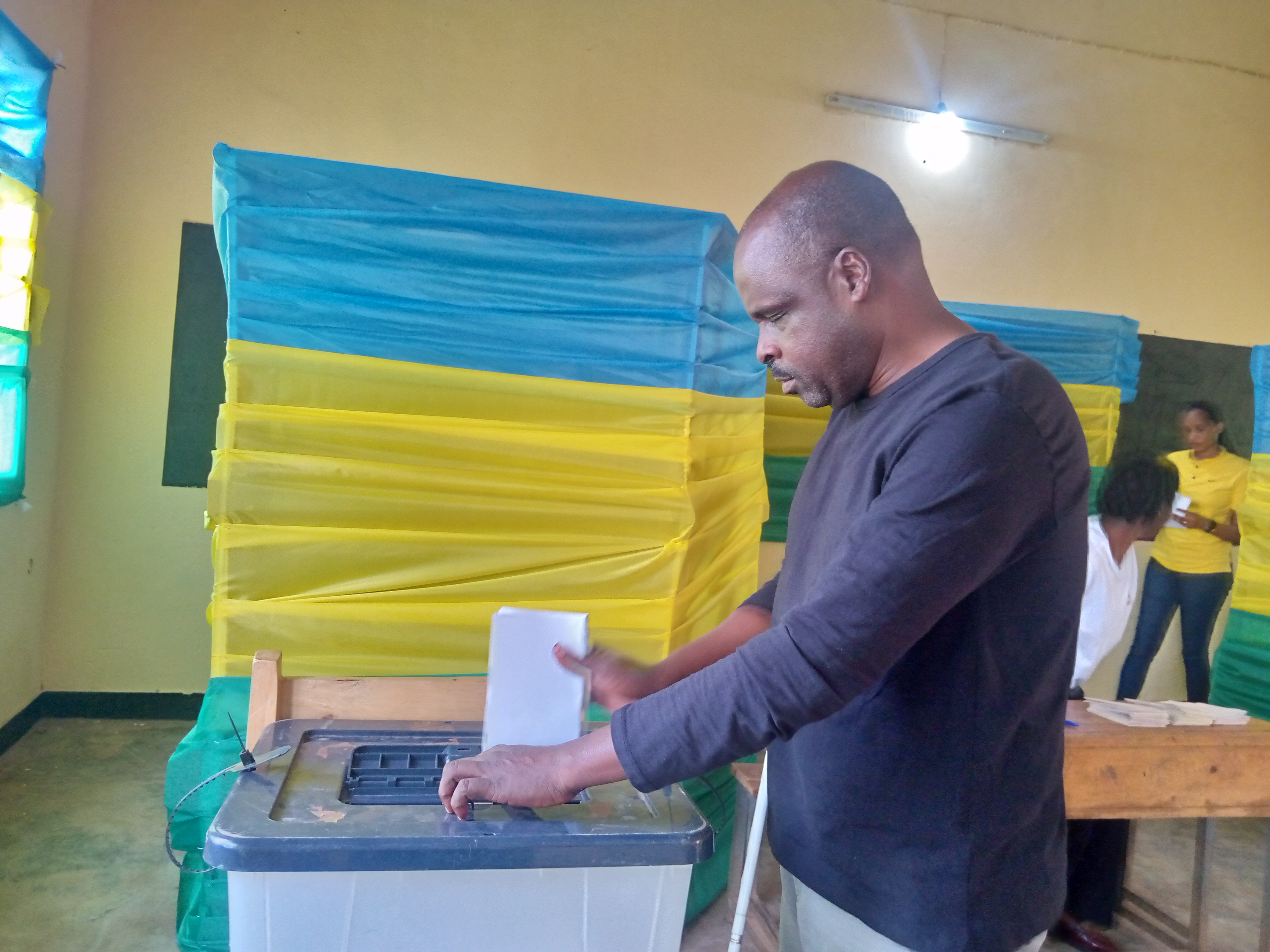
Advancing Democracy
Rwanda has made significant progress in making its elections more accessible, highlighted by the July 15 general elections where notable accommodations were provided. This was a major step forward in disabled Rwandans’ quest for equal rights and participation. “You cannot imagine how happy I am, for I have voted by myself and privately as others do accessibly,” says Jean Marie Vianney Mukeshimana, who used a Braille voting slate for the first time. “Voting is a deeply emotional and meaningful experience for a person with any disability in Rwanda, reflecting a blend of pride, empowerment, and hope.”
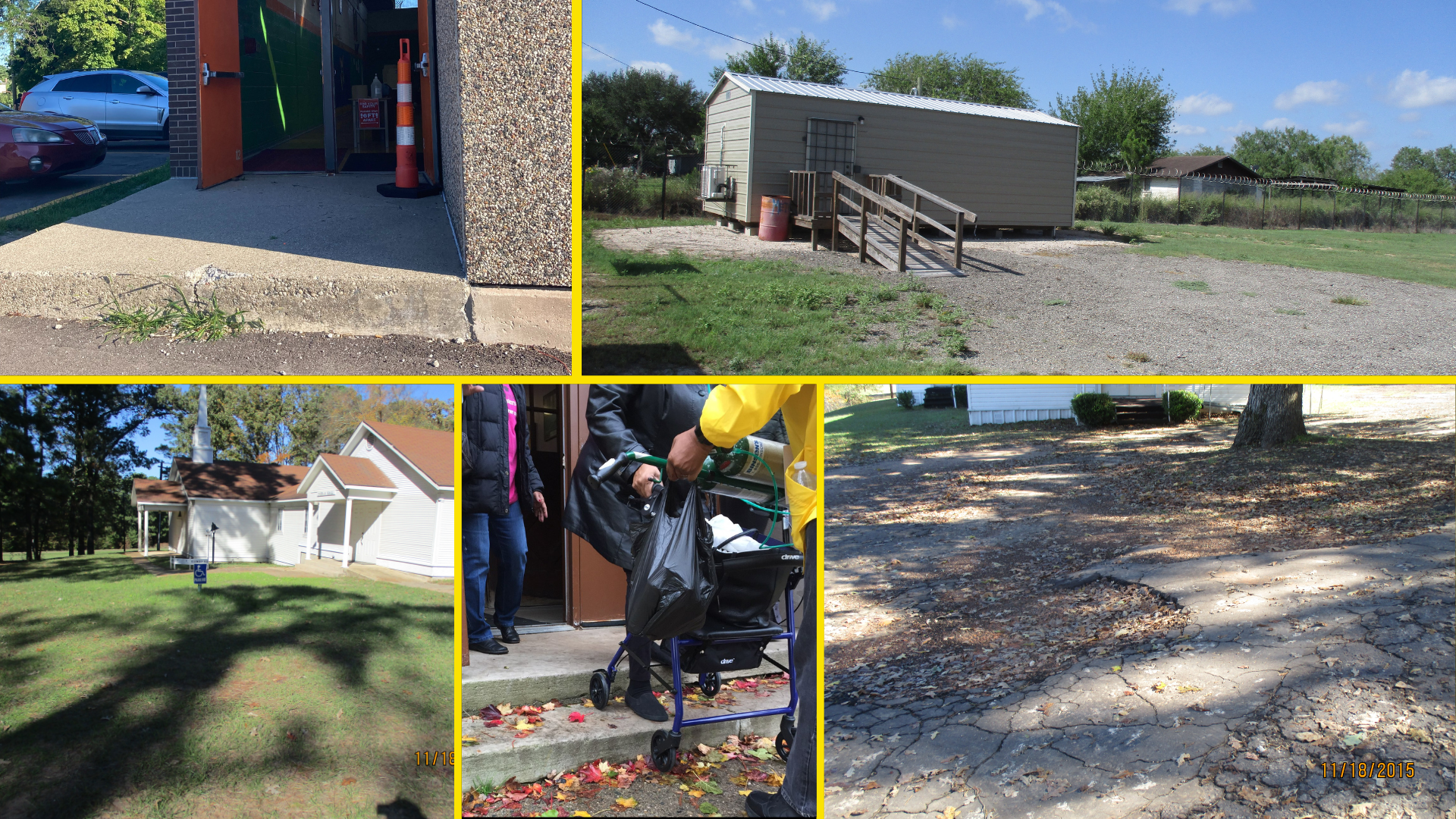
Barriers to the Ballot
Despite legislation like the Americans with Disabilities Act, barriers at the polls still hinder — and often prevent — people with disabilities from voting. New restrictive laws in some states, such as criminalizing assistance with voting, exacerbate these issues. Advocacy groups continue to fight for improved accessibility and increased voter turnout among disabled individuals, emphasizing the need for multiple voting options to accommodate diverse needs. ““Of course, we want to vote,” says Claire Stanley with the American Council of the Blind, “but if you can’t, you can’t.”
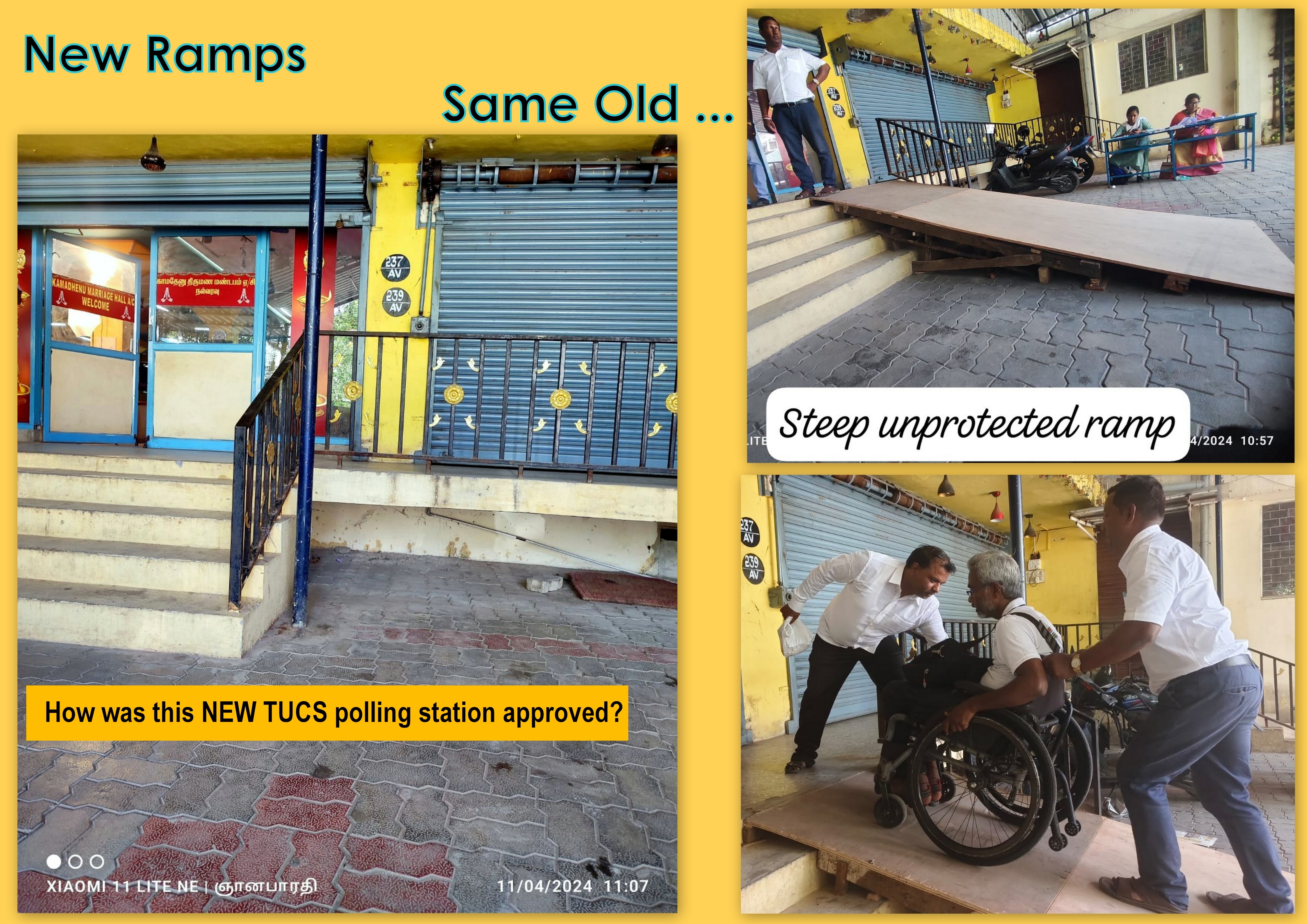
Democracy Denied
In 2024, a record number of voters worldwide will head to the polls, but many disabled individuals still face significant barriers. In India, inaccessible electronic voting machines and polling stations hinder the ability of disabled voters to cast their ballots independently. Despite legal protections and efforts to improve accessibility, systemic issues continue to prevent many from fully participating in the world’s largest democracy. “All across India, the perception of having made a place accessible,” says Vaishnavi Jayakumar of Disability Rights Alliance, “is to put a decent ramp at the entrance and some form of quasi-accessible toilet.”
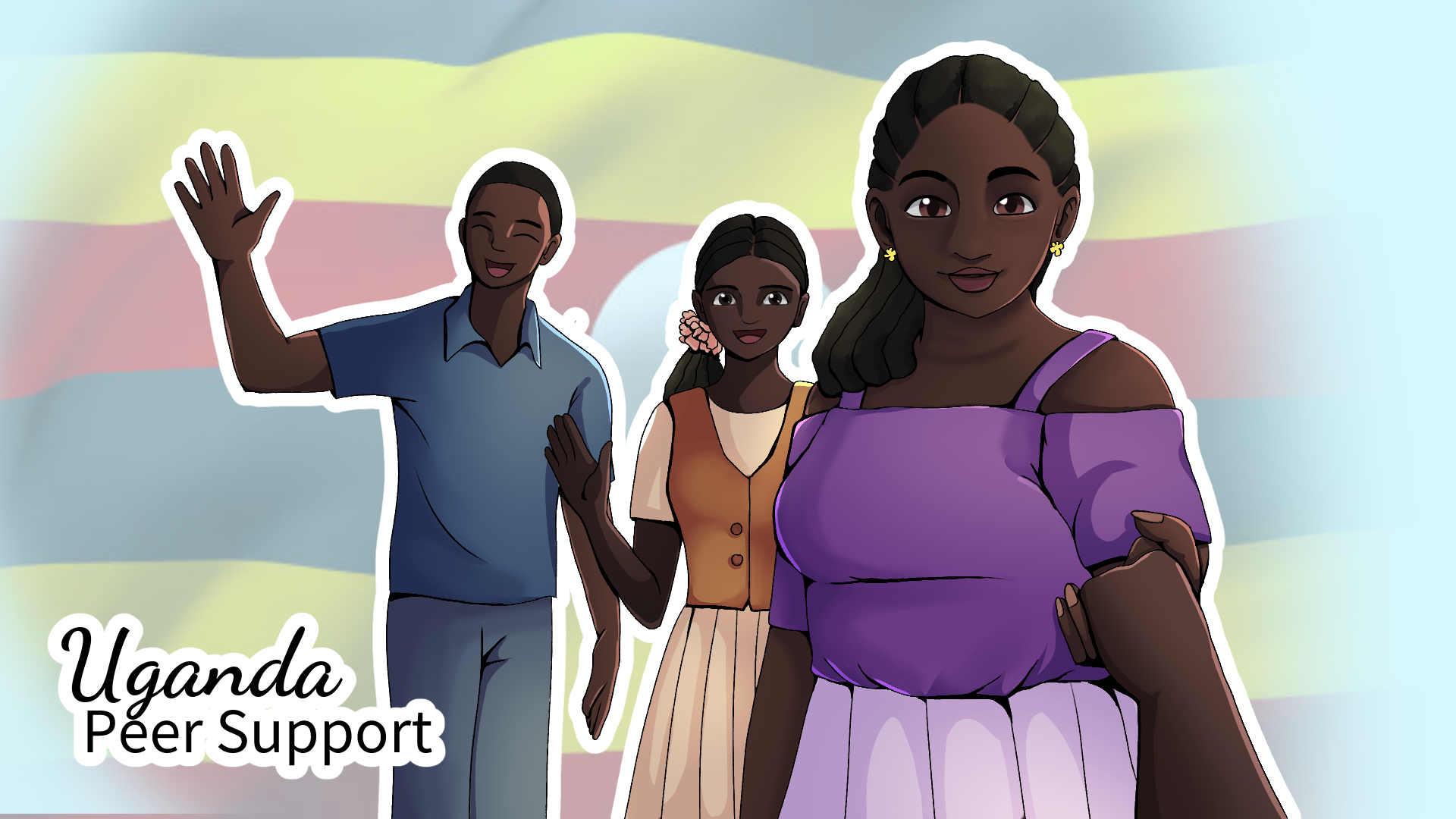
Triumph Over Despair
DJP Fellow Esther Suubi shares her journey of finding purpose in supporting others with psychosocial disabilities. She explores the transformative power of peer support and her evolution to becoming an advocate for mental health. “Whenever I see people back on their feet and thriving, they encourage me to continue supporting others so that I don’t leave anyone behind,” she says. “It is a process that is sometimes challenging, but it also helps me to learn, unlearn, and relearn new ways that I can support someone – and myself.”
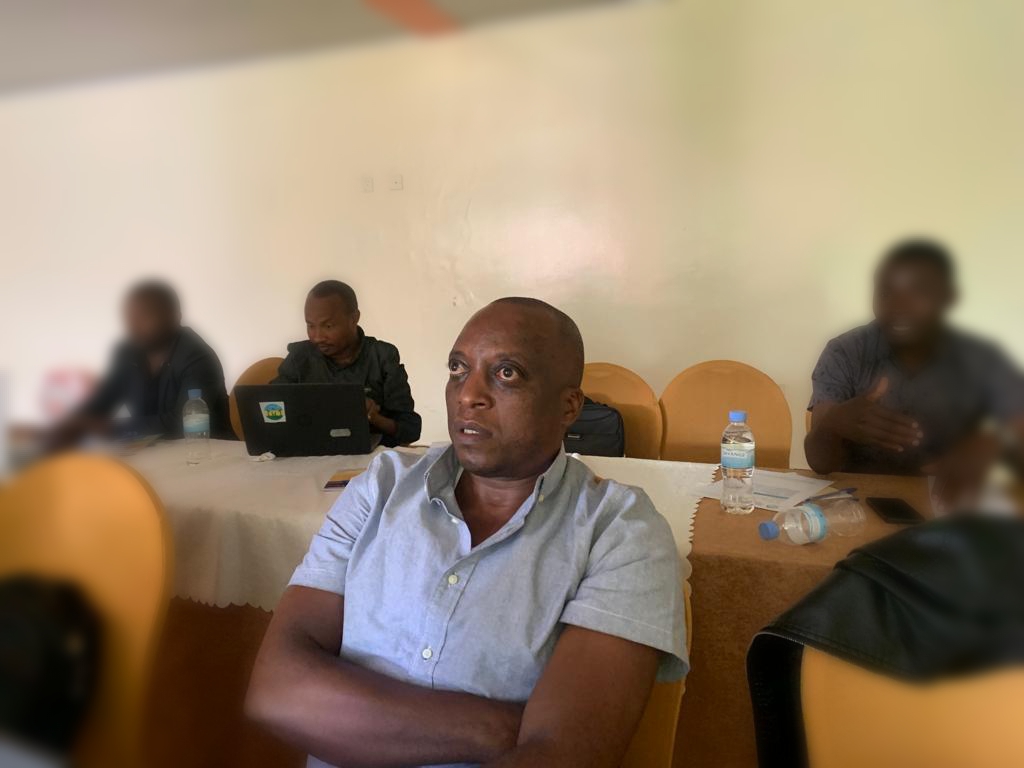
‘Our Vote Matters’
As Rwanda prepares for its presidential elections, voices like Daniel Mushimiyimana’s have a powerful message: every vote counts, including those of citizens with disabilities. Despite legal frameworks like the UN Convention on the Rights of Persons with Disabilities, challenges persist in translating these into practical, accessible voting experiences for over 446,453 Rwandans with disabilities. To cast a vote, blind people need to take a sighted relative to read the ballot. An electoral committee member must be present, violating the blind person’s voting privacy. “We want that to change in these coming elections,” says Mushimiyimana.
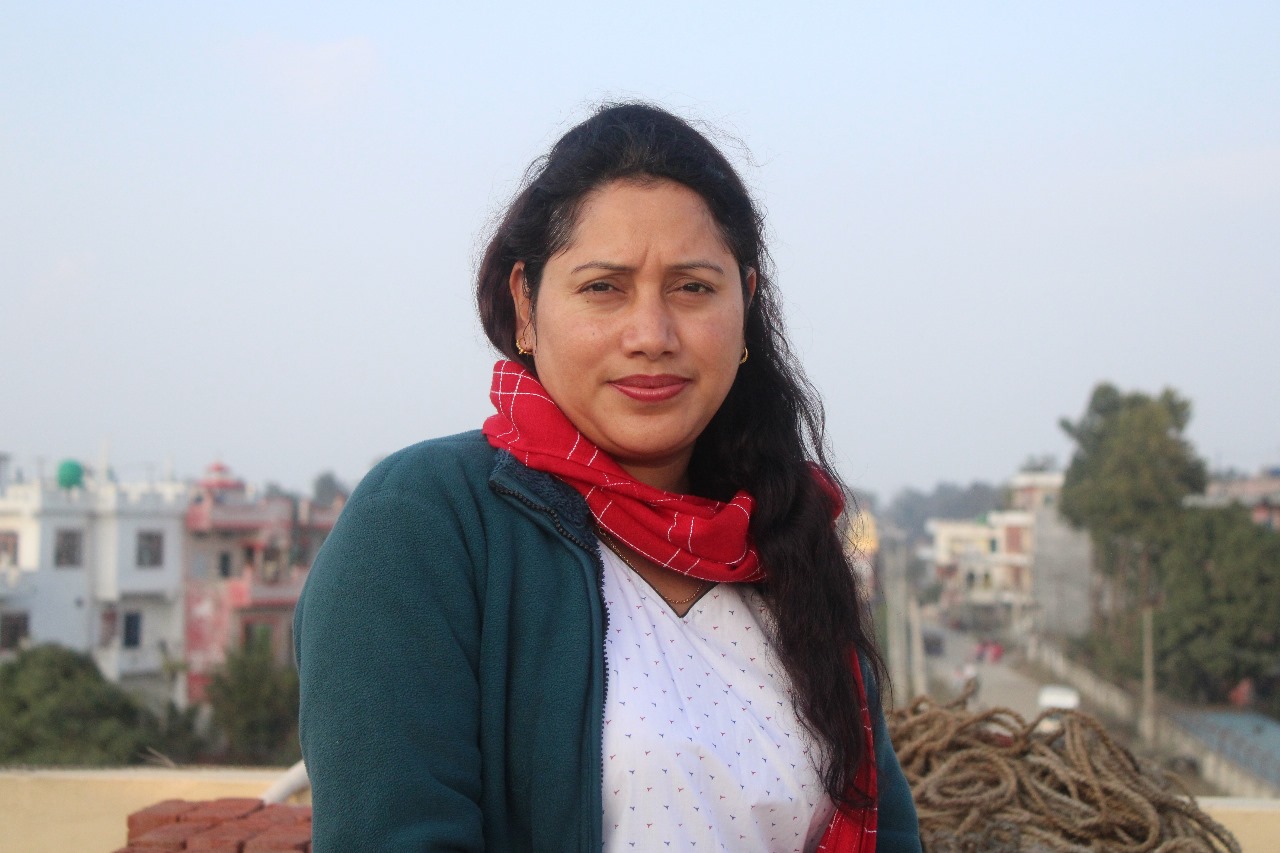
Voices Unsilenced
Often dismissed as a personal concern, mental health is a societal issue, according to Srijana KC, who works as a psychosocial counselor for the Nepali organization KOSHISH. KC’s own history includes a seizure disorder, which resulted in mental health challenges. She faced prejudice in both educational settings and the workplace, which pushed her towards becoming a street vendor to afford her medications. Now with KOSHISH, she coordinates peer support gatherings in different parts of Nepal. “It is crucial to instill hope in society, recognizing that individuals with psychosocial disabilities can significantly contribute,” she says.